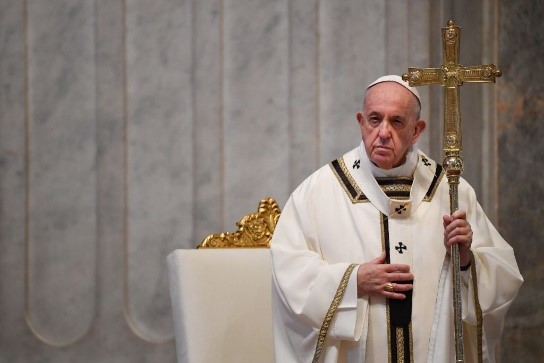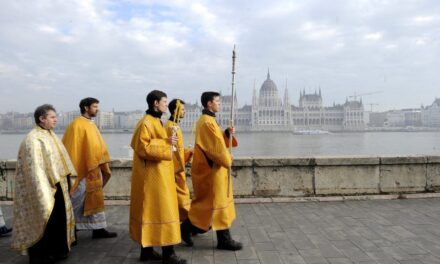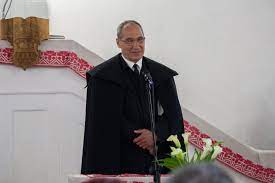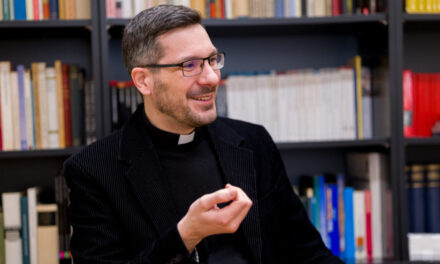On Tuesday, Pope Francis issued the most comprehensive, tightened amendment to the church code to date, in which he calls on bishops to take action against church members who molest minors, commit fraud or try to ordain women as priests.
The amendment, which they have been working on since 2009, affects the entire sixth part of the Church Code, which consists of seven books and about 1,750 legal articles. The ecclesiastical code II. It was adopted by Pope János Pál in 1983. The changes will take effect on December 8.
The revised sixth book is the Penal Code of the Catholic Church, in which about 90 articles deal with crimes and their punishments. The revised document records a number of previous changes that did not apply to Pope Francis or his predecessor, XVI. They can be linked to Benedict. The amendments introduce new categories and are worded clearly and more precisely in order to narrow the bishops' room for maneuver and close the loopholes that have been used so far.
In an interview with the Catholic news portal Vatican News, Vatican church lawyer Markus Graulich said that the laws on the abuse of minors can be found in a new place, under the heading of crimes against human life, dignity and freedom, instead of the previously vaguely worded category of crimes against special obligations.
Members of the clergy can be punished not only for child molestation, but also for creating, possessing and distributing pornographic content involving minors. Perpetrators of more serious crimes can also be excluded from the clergy.
However, the term sexual abuse is not included in the church code, instead it is an offense against the sixth commandment (Thou shalt not fornicate!). According to Graulich, this is because the Catechism defines this commandment so well that it can be worked with legally without further ado.
In an accompanying document, the pope reminded bishops that they are responsible for upholding the law . According to the head of the Catholic Church, one of the goals of the amendments is to reduce the number of unclear cases where the imposition of punishment is left to the benevolence of the authorities. Archbishop Filippo Iannone, the head of the Vatican department overseeing the project, stressed that until now the interpretation of the law had been overly lenient, with some bishops putting mercy before justice.
The revised version of the ecclesiastical code also strictly prohibits the ordination of women as priests, and warns that both the ecclesiastical person who ordains a woman and the woman who wishes to enter the priesthood will be automatically excommunicated, and the priest will be excluded from being a member of the clergy.
Source: MTI













